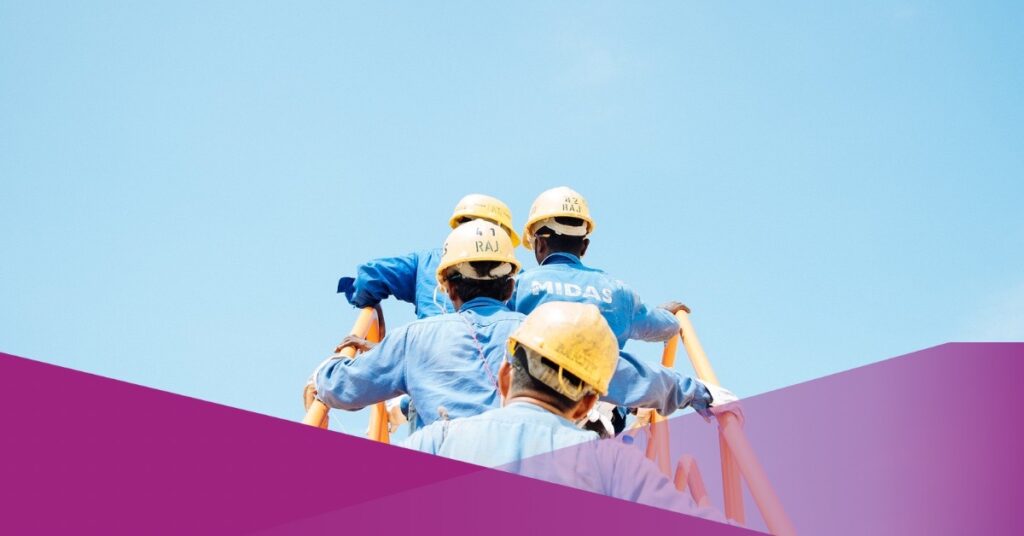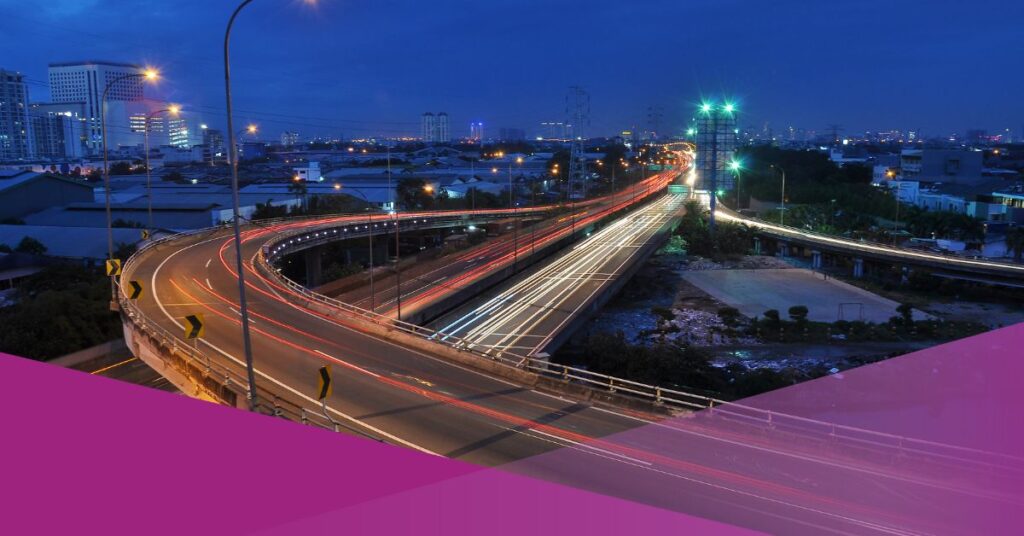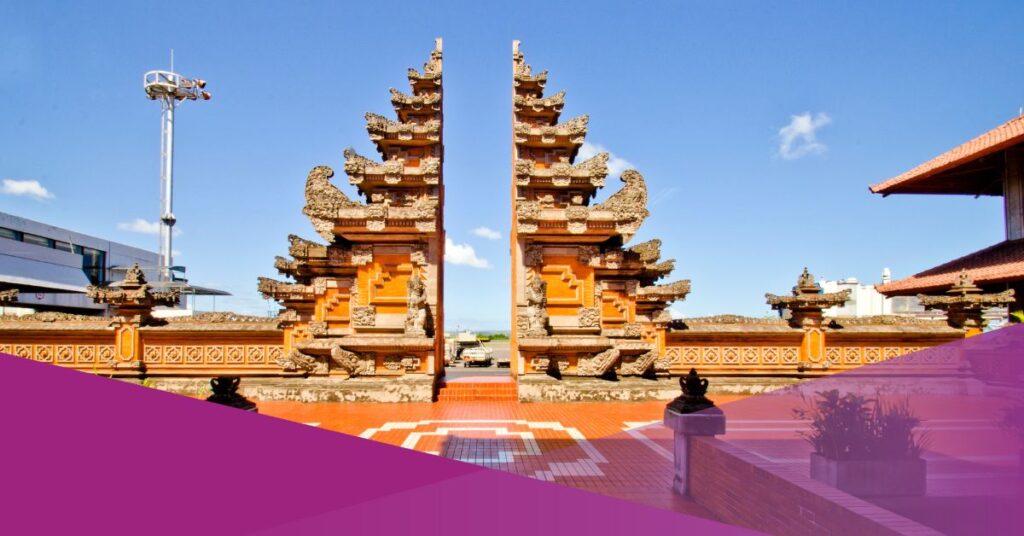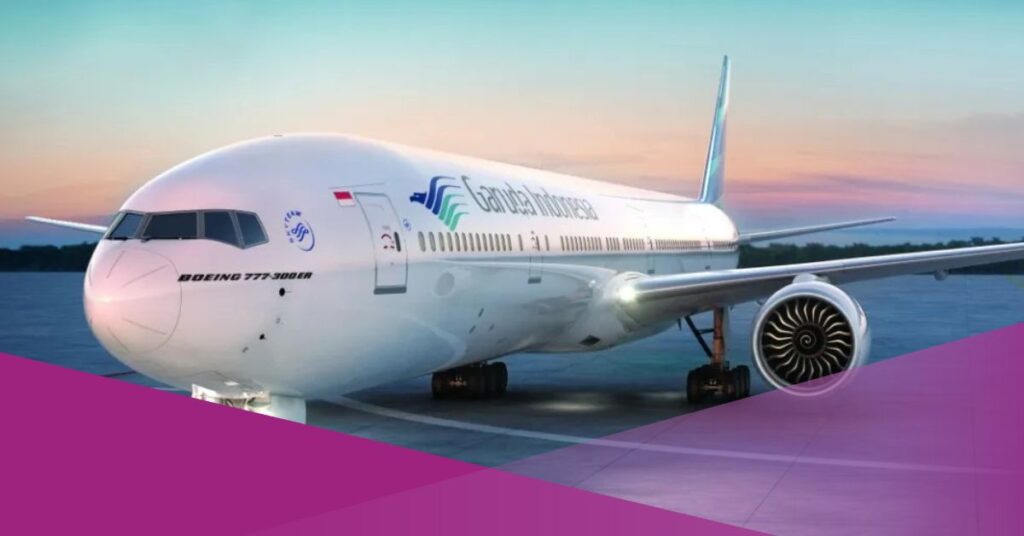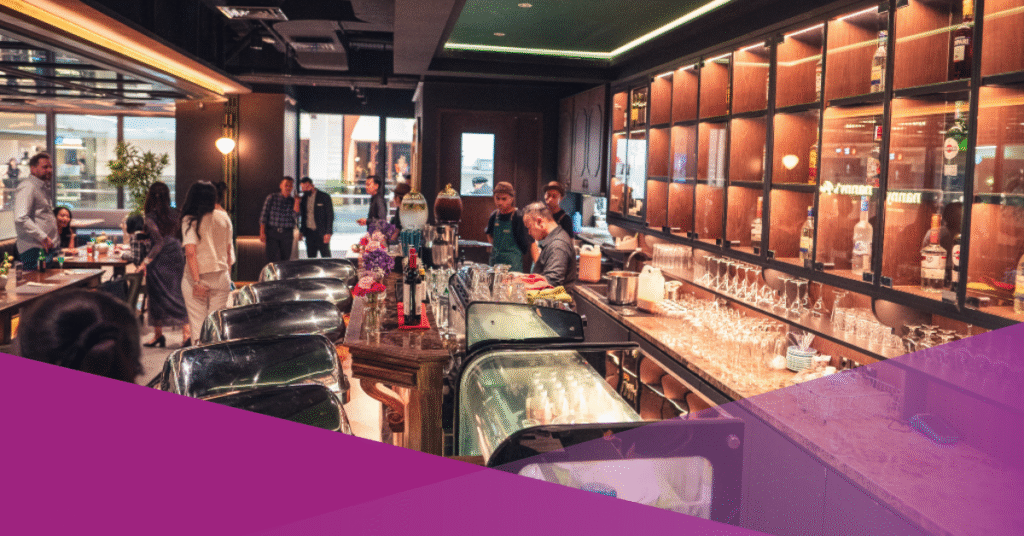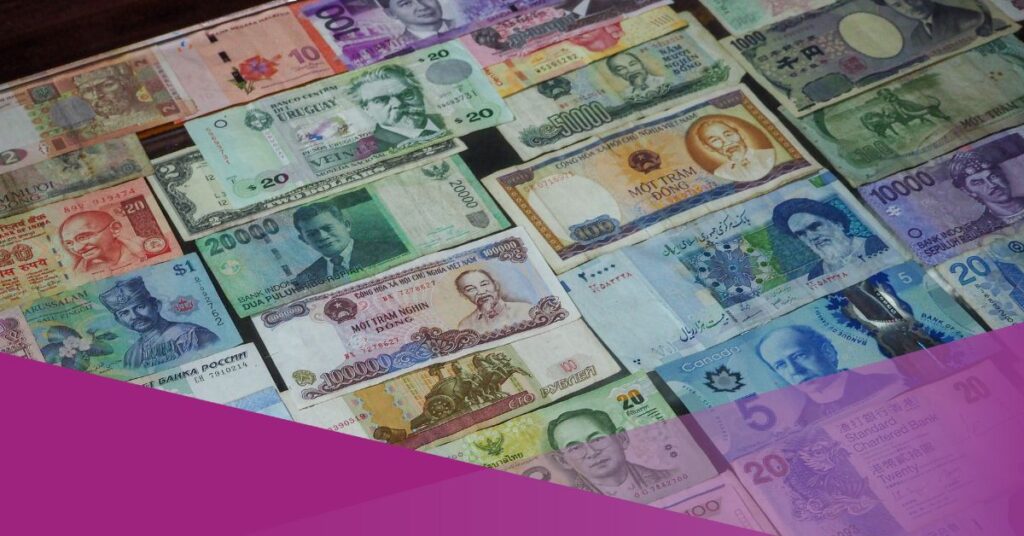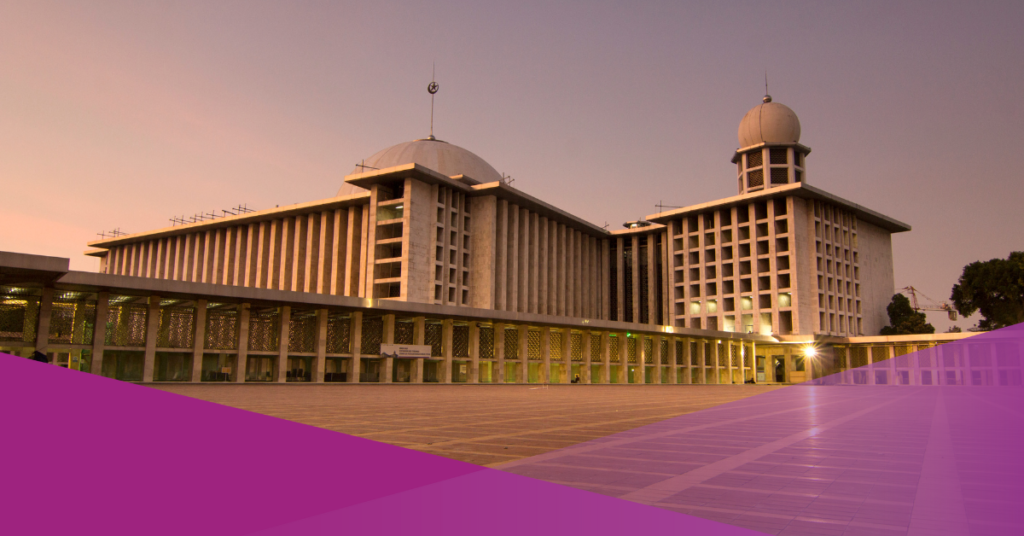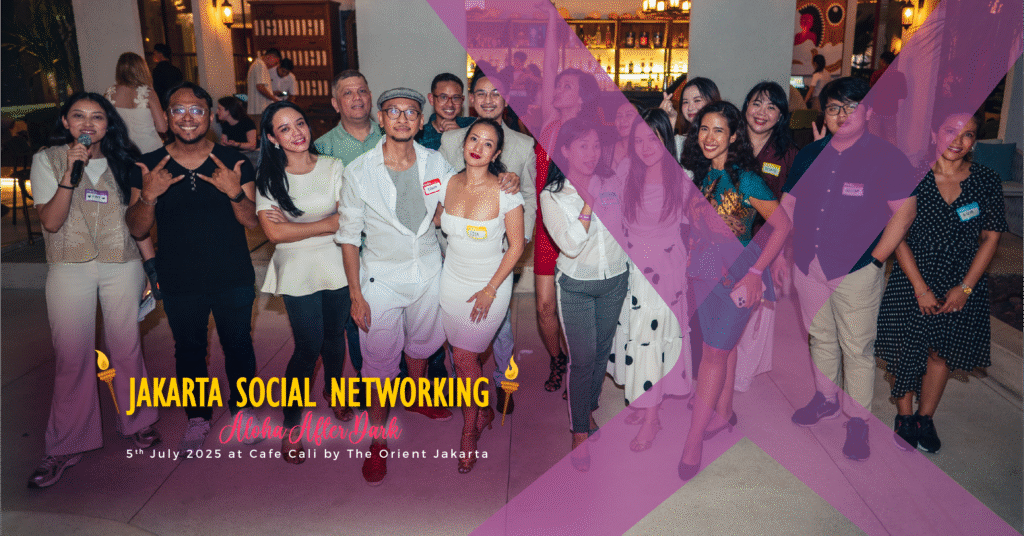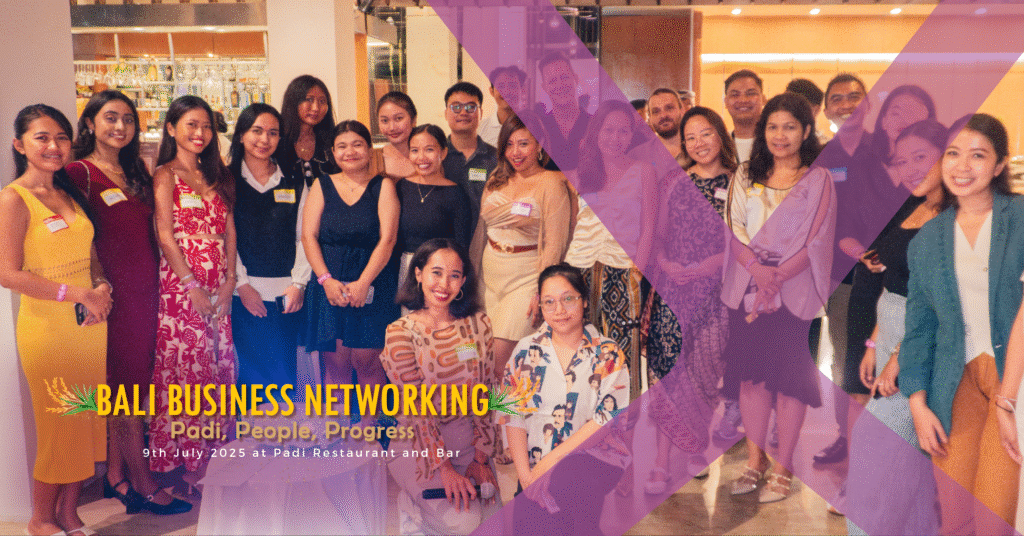May Day, also known as International Workers’ Day, is an annual global holiday observed on the first of May. The holiday has its origins in the labour movement and is celebrated in many countries to honour the contributions and struggles of workers. It is time for labour unions, activist groups, and communities to unite in support of workers’ rights, fair wages, and safe working conditions. May Day has a long history and cultural significance, with different traditions and customs associated with it around the world.
What is May Day?
May 1 is International Workers’ Day:
Why is May 1 is International Workers’ Day?
The Haymarket affair became a watershed moment in labour history, and the 1st of May was designated as International Workers’ Day to commemorate the fight for workers’ rights and to remember the victims of the Haymarket incident.
How did the day became a holiday for workers?
Many countries now recognise the day as a public holiday, and rallies, marches, and demonstrations by labour unions and other worker organisations are held to demand fair wages, better working conditions, and social justice.
What is the history of May Day?
Due to the events in Chicago on May 1886, the first of May was designated as International Workers’ Day. Labour unions in the United States went on strike to demand an eight-hour workday, and a peaceful protest in Haymarket Square turned violent on the 4th of May, when a bomb was thrown at police officers, killing and injuring several people.
What is the significance of May Day?
May Day is significant as a global holiday that recognises workers’ contributions and struggles, honours labour movement victims, and advocates for workers’ rights, fair wages, and safe working conditions. It is a day for labour unions, activist groups, and communities to unite and demand social justice for workers worldwide.
How is International Workers Day celebrated?
How do people celebrate International Workers Day?
People celebrate International Workers’ Day participating in rallies, marches, and demonstrations organised by labour unions, activist groups, and communities. They may also organise cultural events, such as concerts or parades, to honour workers and promote social justice. In some countries, May Day flowers or ribbons are exchanged as a symbol of solidarity with workers, while others use the day to draw attention to specific labour issues or causes.
What is the traditional way of celebrating May Day?
People may carry banners, wear traditional clothing, and sing songs during the rallies to express their solidarity and unity as workers during the Labour Day or First of May. People may also decorate public spaces with red and white flags or organise cultural events to commemorate the day in some parts of the country.
What is the importance of rallies and protests?
May Day rallies and protests are important because they allow workers and labour organisations to come together to demand their rights, express their grievances, and raise awareness about labour issues. These events draw attention to workers’ struggles, which can lead to policy changes, better working conditions, and higher wages. They also serve as a symbol of worker solidarity and unity, fostering a sense of community and empowerment.
What is the labour movement and its impact?
What is the labour movement?
The labour movement is a social and political movement that promotes workers’ rights and interests. It aims to improve working conditions, such as wages, working hours, benefits, and safety standards.
Workers are organised into unions or other organisations to collectively bargain with employers, lobby for labour laws and regulations, and advocate for workers’ rights in labour movements. Around the world, the labour movement has played a significant role in improving working conditions and advancing social justice.
What is the role of trade unions in the labour movement?
Trade unions play an important role in the labour movement by representing workers’ interests and negotiating on their behalf with employers. They represent workers as a group, advocating for better wages, working conditions, and benefits.
What are the working conditions that led to the labor movement?
The labour movement arose in response to workers’ poor working conditions and exploitation during the Industrial Revolution. Workers were subjected to long hours, low pay, hazardous working conditions, and a lack of job security. They had little say over their working conditions and were frequently abused and mistreated by their employers.
What is the Eight-Hour Day Movement?
The Eight-Hour Day movement was a labour movement that arose in the nineteenth century to demand that the standard workday be reduced from ten or twelve hours to eight hours. The movement sought to improve working conditions and provide workers with more time for rest and recreation.
What impact did the labour movement have on society?
The labour movement made significant contributions to society by improving working conditions, raising wages, and advancing social justice. Labour protections such as minimum wage laws, workplace safety regulations, and anti-discrimination legislation are direct results of labour advocacy. Unions have also played an important role in shaping economic policy, advocating for worker-friendly legislation, and providing workers with a collective voice in the workplace.
Why is May Day important for workers today?
What is the relevance of International Workers Day today?
International Workers’ Day is still celebrated today as a symbol of workers’ struggles and accomplishments, as well as a call to action for social justice and labour rights. Despite the labour movement’s many victories, workers continue to face challenges such as low wages, unsafe working conditions, and a lack of job security.
The pandemic of COVID-19 has highlighted the importance of essential workers and the need for stronger labour protections. International Workers’ Day allows us to reflect on these issues and renew our call for fair treatment, decent work, and dignity for all workers.
What are the current issues faced by workers?
Workers today face a variety of challenges, including low wages, job insecurity, insufficient benefits, and hazardous working conditions. The gig economy and precarious work have given rise to a new class of workers who have few safeguards and little job security.
Discrimination and harassment are still prevalent in many workplaces, especially among marginalised groups like women and people of colour. The COVID-19 pandemic has exacerbated these issues, putting many workers’ health and livelihoods at risk.
What is the impact of COVID-19 on workers’ rights?
The COVID-19 pandemic has had a significant impact on workers’ rights, putting many workers’ health and livelihoods at risk. Healthcare workers, grocery store employees, and delivery drivers, for example, have faced significant health risks and often inadequate protections. Many workers have lost their jobs or had their hours and income reduced.
The pandemic has highlighted existing inequalities and workplace discrimination, emphasising the importance of strong labour protections and social safety nets. COVID-19’s impact on workers’ rights will most likely be felt for years to come.
What can be done to improve working conditions and support workers?
Improving working conditions and providing support to workers necessitates a multifaceted approach that includes strengthening labour protections, ensuring fair wages and benefits, encouraging collective bargaining, and addressing workplace discrimination and harassment.
Governments, employers, and civil society all play a role in advancing workers’ rights and making society more just and equitable. Furthermore, promoting education and training opportunities can assist workers in learning new skills and gaining access to better job opportunities.
Finally, supporting workers and improving working conditions necessitates a commitment to social justice as well as an understanding of the worth and dignity of all workers.
FAQ:
Q: What is International Workers’ Day?
A: International Workers’ Day, also known as May Day, is a global holiday that celebrates the achievements and struggles of workers around the world. It is observed on the first of May each year.
Q: Why is International Workers’ Day important?
A: International Workers’ Day is important because it recognizes the contributions of workers to society and highlights the need for fair treatment, decent work, and labour rights. It also provides an opportunity to reflect on the ongoing struggles and challenges facing workers today.
Q: How is International Workers’ Day celebrated?
A: International Workers’ Day is celebrated in many ways, including rallies, protests, marches, and other public events. It is also observed as a national holiday in many countries, with workers enjoying time off to celebrate and reflect.
Q: What is the history of International Workers’ Day?
A: International Workers’ Day has its roots in the labour movement of the 19th century when workers in the United States and other countries fought for better working conditions and rights. The first of May was chosen as a day to commemorate the Haymarket Massacre in Chicago in 1886 when workers were killed while protesting for an eight-hour workday.
Q: What issues are currently facing workers around the world?
A: Workers around the world face a range of issues, including low wages, lack of job security, inadequate benefits, and unsafe working conditions. The COVID-19 pandemic has highlighted many of these challenges, with essential workers facing significant health risks and often inadequate protections.
Q: What can be done to support workers and improve working conditions?
A: Improving working conditions and supporting workers requires a multifaceted approach that includes strengthening labour protections, ensuring fair wages and benefits, promoting collective bargaining, and addressing discrimination and harassment in the workplace. Governments, employers, and civil society all have a role in advancing workers’ rights and creating a more just and equitable society.
Want to know more about the other knowledge that can affect expats and Indonesians as well? Check out the other articles from Social Expat!
